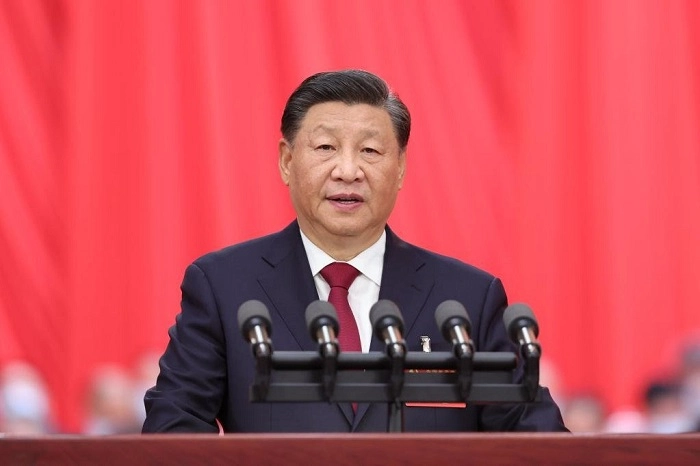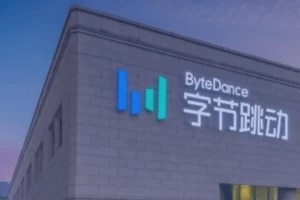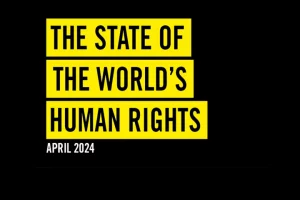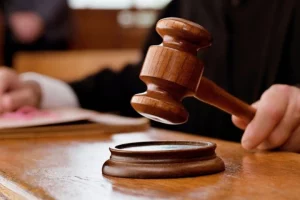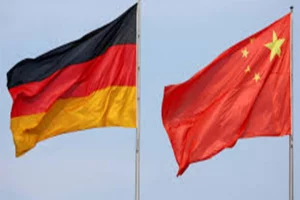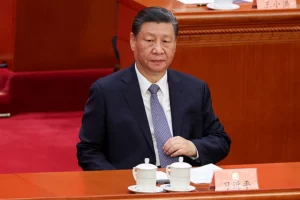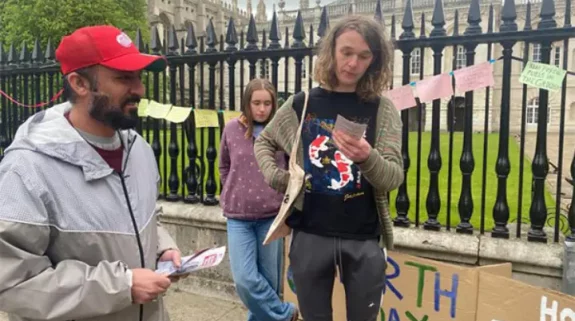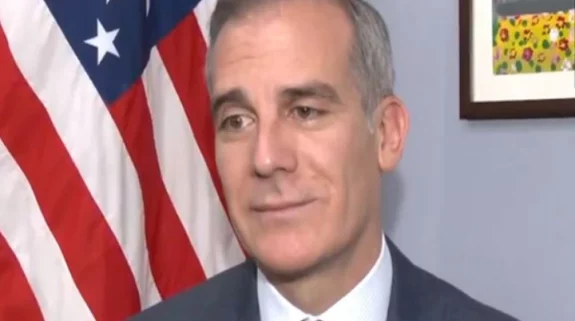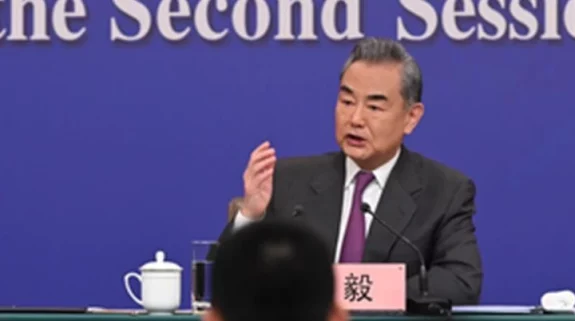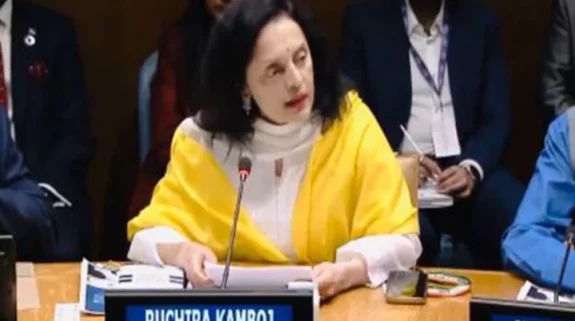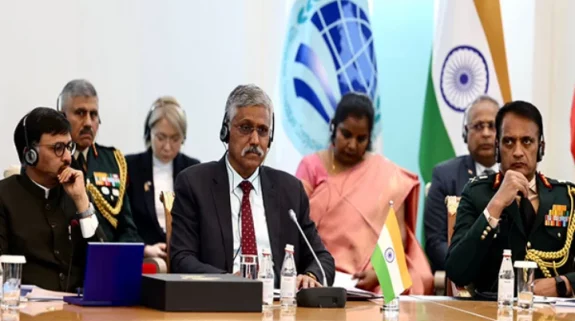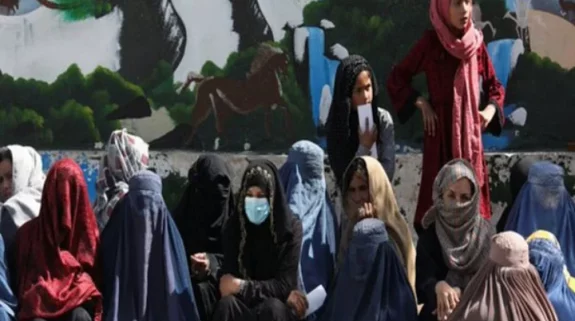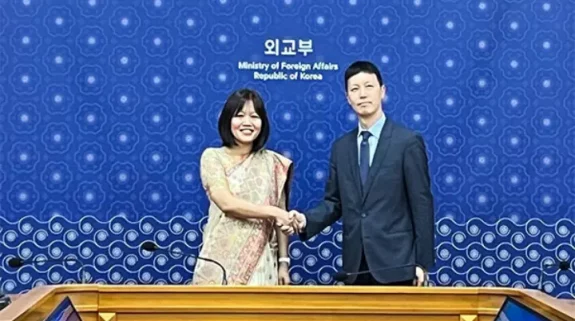The decks have been cleared for Chinese President Xi Jinping to assume a precedent-breaking third term in office following the closure of the 20th Party Congress—a once in five-year event that chooses a new leadership line-up and a policy roadmap for the next half-a-decade.
Apart from assuming the ceremonial post of President, Xi is expected to command the key levers of power by becoming the General Secretary of the Communist Party of China (CPC) as well as the chairman of the Central Military Commission (CMC), which steers all wings of the powerful People’s Liberation Army (PLA).
Xi’s supporters say that by monopolising power, Xi wants to set China on track to become the world’s biggest economy, surpassing the US by 2035, and raise Beijing’s status as the unrivalled global power by 2049. His detractors however blame Xi for reimposing dictatorship, which Deng Xiaoping had done away with following the demise of Mao Zedong, the founding father of the People’s Republic of China (PRC).
The Party congress also clarified that Chinese Prime Minister Li Keqiang’s political career was over. Unlike Xi, Li’s name did not feature in the list of the new Central Committee, comprising 205 members with voting rights and another 171 alternates. This is the core from where the 25-member Politburo of senior leaders will be drawn. China’s top leadership comprising 7-9 members, with Xi at the pinnacle, will form the standing committee of the Politburo. The names of the top leaders will be announced on Sunday, after the new central committee holds its first meeting.
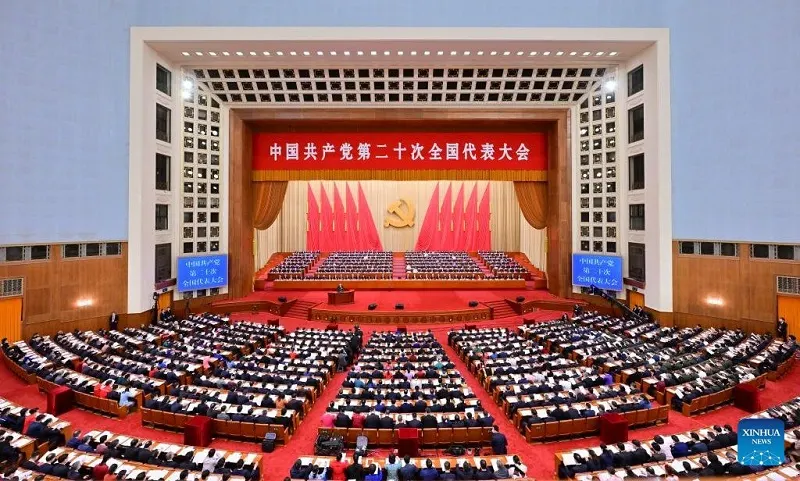
The 2,300 delegates of the CPC also endorsed a policy roadmap for the next five years. Besides, at the end of the congress it was clear that a new constitutional amendment would be passed that could raise Xi’s status at par with Mao.
Ahead of the 19th Party Congress in 2017, Xi had already become “core leader” of the Party State—a status that only a handful of Chinese leaders had been bestowed with including Mao and his successor Deng, China’s reformer-in-chief.
Core leaders are those who have played a pivotal role during times of deep make-or-break crises. Besides Xi Jinping Thought has already been enshrined in the Party Constitution, an honour compared only with Mao.
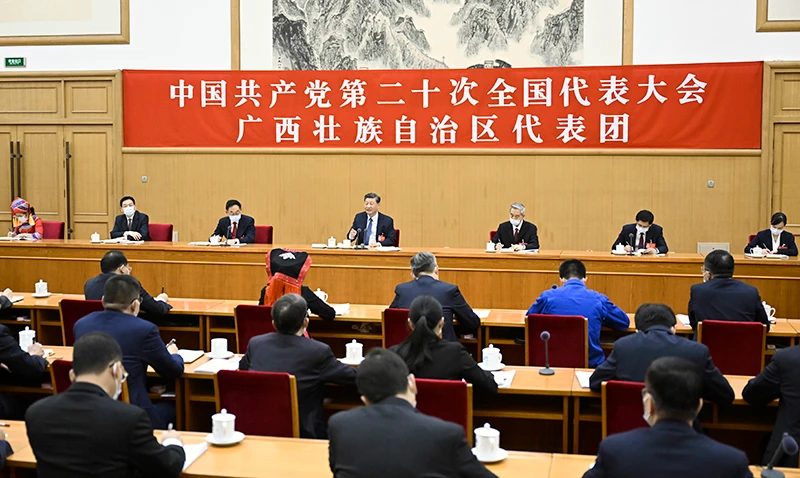
With all eyes on the standing committee, the names that are in circulation include Ding Xuexiang, Xi’s adviser. The names of Shanghai party chief Li Qiang and Chen Min’er, who heads the Chongqing metropolis, are also in circulation. The order in which the names to the new standing committee will be read out is important as the individual first announced is likely to become the new Prime Minister.
Given his penchant for exercising complete control, it is likely that Xi will be encircled by diehard loyalists, thus ending factionalism that marked the tenures for former leaders Jiang Zemin and Hu Jintao.
Curiously, Hu, 79, was unexpectedly escorted out from the Great Hall of the People apparently against his wishes, before the conference ended, setting twitter abuzz.
Also Read: Why Xi Jinping’s iron grip will only tighten during the upcoming 20th Party congress in China






